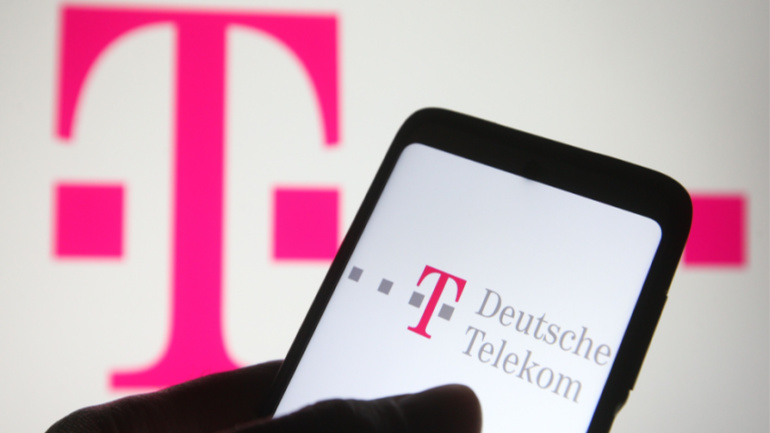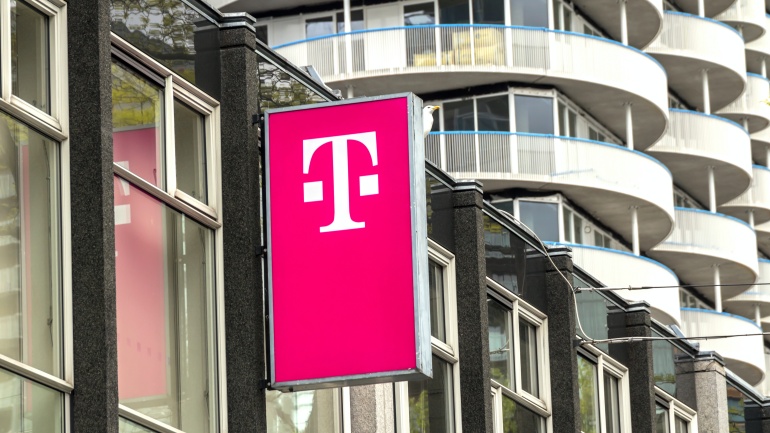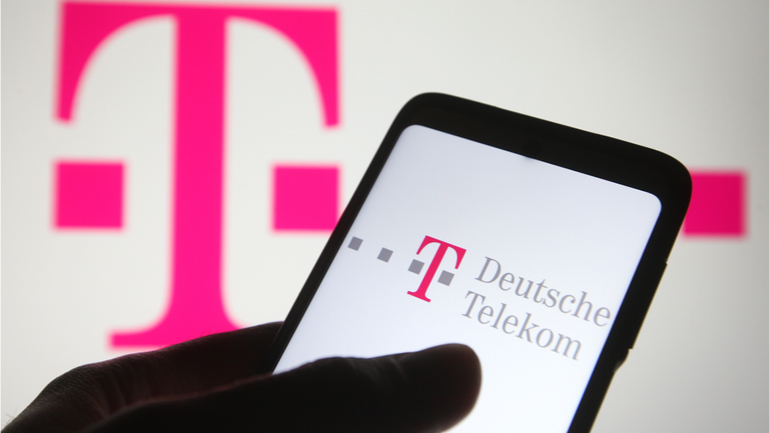Deutsche Telekom and Mavenir are making strides in 5G network slicing technology. A “5G Live Video Production Service” now allows reliable HD video streaming over 5G, even via smartphones. They’ve also demonstrated a proof-of-concept for on-demand 5G network slicing services, streamlining customization and quality assurance. These innovations offer agility, efficiency, and new revenue prospects.
Deutsche Telekom has made a significant stride in mobile telecommunications, achieving 12 gigabits per second in field tests using 6GHz frequencies – quite a leap from the current 5G network speeds. The German telecom giant credits this achievement to merging two data streams from different frequency antennas, a method they suggest may become standard for these bands. However, before this breakthrough can materialize, it’ll go under scrutiny during the upcoming ITU World Radiocommunications Conference.
Deutsche Telekom and Google venture into tablet manufacturing, pinning their hopes on the affordable “T Tablet”. Designed for digital learning, this device blends advanced hardware, potent software, and network capabilities. Aiming at a wider 5G access, it also targets narrowing the digital divide. The tablet’s debut could spark new conversations about digitization in the education sector and beyond.
Deutsche Telekom and Ericsson’s recent secure network slice proof of concept simplifies enterprise use with automated configuration and end-to-end orchestration, connecting smartphones seamlessly to private cloud services via 5G. This innovation could revolutionize the telecommunications industry by offering customizable, easy-to-understand connectivity solutions for businesses worldwide.
The excellent 20-year collaboration between FC Bayern and Deutsche Telekom (DT) has been extended to 2027. The two partners will keep delighting German record champions’ supporters with cutting-edge services and deals. Although no specifics were provided, the German duo said that the agreement would increase the appeal of the telecom operator’s brand and foster technical advancement in the game. With this relationship, DT hopes to keep fans interested in its products and services while also gaining access to unique material that it would presumably show on its FC Bayern.tv channel on MagentaTV subscription platforms. The telecoms corporation has been the primary sponsor of the Allianz Arena since 2002, appearing on jerseys and advertising boards among other things. The concurrent development of both brands into major global players has been accompanied by a number of collaborative projects and innovations. Oliver Kahn, FC Bayern CEO, commented: “We’re very happy…
Deutsche Telekom has selected Google Cloud for its first cloud-native trials in network and data analytics. The operator expanded its partnership with Google Cloud to develop a collaborative roadmap for the telecoms sector by bringing the power of the cloud closer to mobile and connected devices at the network’s edge. The initial phase of this extended Deutsche Telekom and Google Cloud relationship will focus on core network services, network analytics and customer experience analytics. Deutsche Telekom and Google Cloud will jointly test a range of network services in Austria, including 5G standalone and remote packet gateway operations, using Google Cloud and Google Distributed Cloud Edge. In order to leverage data-driven operations and automated workflows with open, Kubernetes-based solutions provided by Google Cloud, Deutsche Telekom will explore a number of use cases including anomaly detection, performance counters and trace data. The operator will be able to better manage…
The successful demonstration of renewable energy sources in a 5G mobile site has been confirmed by Deutsche Telekom and Ericsson. Both companies collaborated to convert a live radio station utilizing a management system to optimize power supply and demand by leveraging solar and wind energy. The site in Dittenheim, 120 kilometers north of Munich, has been partially powered by solar panels for over a year as part of a prior collaboration between the two enterprises. Wind turbines have now been installed as part of a new trial to increase the site’s renewable energy capability. Acting as a second renewable energy power source, the wind turbine is capable of providing up to 5kW of additional electricity. When the conditions are ideal, the facility may run entirely on renewable energy, eliminating the requirement for use of the electrical power grid. The Ericsson Power System, which handles the two power sources…
Deutsche Telekom (DT), in collaboration with its partners Ericsson, Nokia, Qualcomm, Samsung and Xiaomi, has announced the accomplishment of the world’s first ever Voice over 5G New Radio (VoNR) call in an end-to-end multi-vendor environment. During an innovation test in Warsaw, Poland, the partners tested the capabilities of a 5G Standalone (SA) network with voice and 5G data sessions in parallel. The network setup integrated the Ericsson 5G Core and Nokia’s IP Multimedia Subsystem (IMS). Calls were terminated on commercial terminals from the Samsung Galaxy S21 5G, Xiaomi Mi 11 Lite 5G and 5G smartphone form factor tester supplied by Qualcomm’s Snapdragon 780G and 888 5G mobile platforms with Snapdragon 5G Modem-RF Systems. By taking advantage of cloud-native 5G SA networks, operators will be able to provide high-quality voice services without relying on LTE as an anchor. Because of the high transmission quality of 5G technology, VoNR incorporation…
Deutsche Telekom (DT) has announced that it is investing an undisclosed amount in the blockchain payment platform Celo. The company also purchased an unspecified amount of Celo digital tokens to be used on the platform. Deutsche Telekom will be the first telecommunications company to join the Celo Alliance for Prosperity. Celo is an open-source blockchain ecosystem that focuses on making decentralized financial (DeFi) systems and tools accessible via the smartphone. The Celo ecosystem includes a decentralized, proof-of-stake blockchain technology package, a native asset (CELO), two stablecoins (cUSD and cEUR) and the Celo Foundation Alliance of Prosperity. The company was launched in 2017 and has maintained a low profile in the crypto market. However, this has changed in recent months, in part due to the recent $20 million funding raised by blue venture capital firms, including Andreessen Horowitz. This move by DT represents their initial foray into and testing…
Nokia announced on Monday that Deutsche Telekom (DT) has chosen the Finnish multinational telecommunication provider to convert DT’s optical network into a service-oriented platform. The transformation will allow Deutsche Telekom to provide its customers with an improved service quality experience, by upgrading the existing network to an expansive and automated one. The use of automation will help the operator to simplify and organize operational tasks to make more efficient use of network resources. Deutsche Telekom will adapt Nokia’s optical transport portfolio to become a higher-capacity, self-regulating network that meets residential and Industry 4.0 requirements. This gives Nokia the opportunity to promote its ‘Wave’ Brand optical transport portfolio: the Nokia WaveFabric service-ready platforms and the Nokia WaveSuite software portfolio, that includes the Nokia 1830 Photonic Service Switch (PSS) provided by the PSE- V family of coherent DSPs (digital signal processors). This solution will revolutionize Deutsche Telekom’s optical backbone network…













